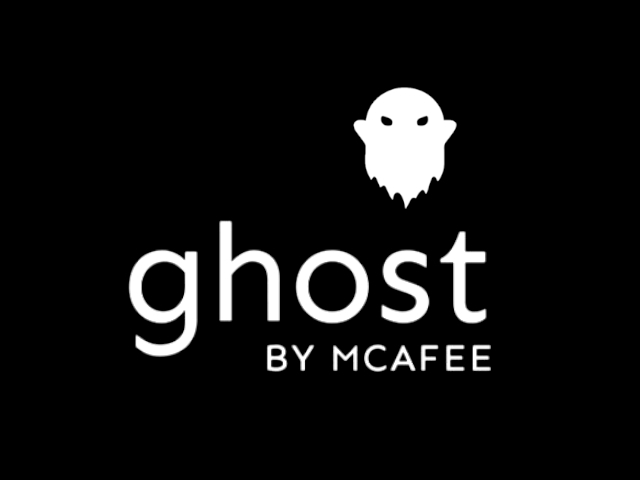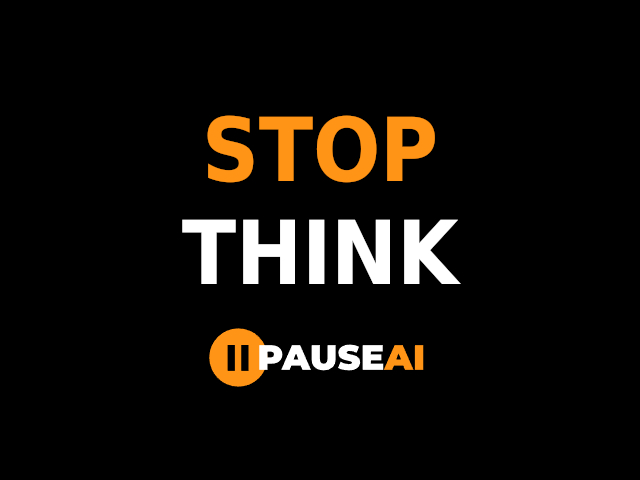MICKEY MOUSE AND THE GHOST OF MCCLELLAN
by Rob Loggia
Saturday, March 26, 2016
It has been observed by many wise people that those who remain ignorant of history are doomed to repeat it. There is much truth in this, and every human story that we study offers us one more opportunity to learn for our own benefit from what other people did under similar circumstances to our own, and what results they achieved. And those that are willing to take a critical look at the lives of others and the results they obtained will always have an advantage over those that are not.
Put into the context of current events, a knowledge of the past allows us to better understand what we see, and where it is probably headed. For example, classical warfare and the patterns and rules that govern it have many parallels in the modern business and political arenas. This is why we often see discussions about either couched in terms of warfare - it fits and there is much we can learn, and predict, by doing so.
In the case of the 2016 Libertarian nominating race there are several interesting parallels with events and personalities from the American Civil War. This period remains one of the must studied in all of history, and so is always a great first stop to study behaviors, actions and results. Let's take one of the personalities from that period and see if we can learn anything about events happening now.
One of the epic stories of woe from the period is the tale of Abraham Lincoln's search for a top general that could win the war. The relevant portion of this journey began with George B. McClellan.
When the war opened, George B. McClellan had promises of success written all over him. A West point graduate, distinguished war veteran and successful businessman, McClellan scored a small yet visible tactical victory over the South at a time when nothing was going well for the North. He was also extremely popular with the men that served under him and had gained a reputation for organization that had its roots in his success as a railroad executive. And when it quickly became clear that the top brass that "came with" the army would not suffice, Lincoln turned to McClellan to salvage the army and defeat the South.
McClellan set about his task with zeal. In a very short time he had reorganized the Army of the Potomac into a legitimate and orderly organization with good morale and supply chains that were efficient by the standards of the time. Then, after building this magnificent army he did something very strange. He did nothing.
For reasons due to a wide variety of causes, but definitely among them aspects of McClellan's own personality, he became convinced that the South was preparing to attack his army with overwhelming force. As a result, he declined to formulate a plan of attack and instead focused on obtaining more and more men and materials. After building an army that most historians agree could have knocked out the South while they were ill-equipped and vulnerable, McClellan wouldn't use it.
As time wore on, Lincoln became impatient. "If General McClellan does not want to use the army, I would like to borrow it for a time."; Under such pressure, McClellan devised a plan to move the army that was based from the outset on defensive rather than offensive considerations. At one point in the campaign he declined to attack with an army a pitiful band that was later found to be "equipped" with painted logs. The campaign ultimately ended in retreat, which McClellan characteristically touted as a success (he had saved the army!).
Finally exasperated, Lincoln decided to get himself a different man. Unfortunately for Lincoln, he found someone even worse than McClellan and it quickly became clear that he would not do at all. Finding himself again with an army and no commander to lead it, Lincoln made a mistake. He tapped McClellan again.
To be fair to Lincoln, it does not seem that there were many obvious options in his case. But he still should have known what he would get with McClellan - he had seen and lived through it himself. It was the act of a desperate man and it turned out predictably. McClellan continued to manifest a bad case of "the slows" as Lincoln put it. Despite the slight change in circumstances, even despite deliberate oversight Lincoln placed McClellan under, he got the exact same result. He removed McClellan and began what turned into a quest to find someone capable of commanding the magnificent army McClellan had built.
The above is, as any brief recounting of history must be, a simplification of the events, drives and forces at play during the time. But the gist is accurate, and I encourage the reader to delve into the subject. There are plenty of materials available on the web for free further reading.
Fast forward to 2016. The Libertarian Party finds itself, collectively, in the same position that Lincoln was individually. They are being asked to nominate one of several candidates to run for the office of President. Among these is Gov. Gary Johnson, and as in the case of McClellan, he is a known sum. In 2012 he was nominated, and we have plenty of information and analysis available about what he did, how he did it, and what he managed to achieve.
As he is a former two-term governor that had defected from the Republican Party, there was good reason to be optimistic about a Gary Johnson candidacy in 2012. Here is a man that had won election at the state level - twice. He was bearing, as the representative of the Libertarian Party, a powerful message of Freedom and Real Change. And he was doing so at a time when the other options available to the American People seemed bleak.
The glare of the 2016 election circus has become so bright that it becomes easy to forget the events surrounding the last presidential election. The candidates for the two Machine Parties were an unpopular incumbent and a human sawhorse. Further, there was a general feeling of dissatisfaction and unrest in the population given wide expression on the web and at the water cooler. Many people noticed it, including Gary Johnson.
If you ask the Johnson campaign or their candidate about 2012 you will likely receive several talking points addressing the results. Like McClellan, Johnson seeks to cast the defeat in a positive light, noting that he achieved the best presidential popular vote returns for the LP to date, just under 1%. On a more expansive day you'll also hear about how the campaign spread the message of Liberty and recruited more members for the Party. Finally, you will hear the loss be at least partially attributed to Johnson's exclusion from the debates.
There can be no doubt that exclusion from the debates was a major impediment to his success. The rules that exclude candidates based on polling at 15% nationwide are designed to ensure this end for good reason by those in control. Johnson is 100% correct in stating that the ability to achieve ballot access is a much more fair standard for inclusion, and we should all stand behind him in his lawsuit to achieve this.
Since entering the 2016 race Johnson has messaged repeatedly on the fractured political scene and the weaknesses of both likely candidates. He believes there is an opportunity, and he is right. But he bases this optimism (again) on the premise that the American People, once they are "allowed" to hear the voice of Reason, will flock to the banner regardless of the identity of the messenger. This is by no means an uncontroversial thing to suggest, but leave that aside for the moment.
The lawsuit to force inclusion in the debates has not been decided yet, and may not be in time to change anything this year. So what happens if the rules stand and polling at 15% is again a requirement? Are the deficiencies of Hillary Clinton and Donald Trump sufficient to gain attention for Gary Johnson? After all, they both are pretty awful, as Johnson points out.
Gary Johnson seems to believe so, if you go by his public remarks. But can the Libertarian Party accept his judgment on the matter? Here again we don't have to guess - the answer is available to us because Johnson has been down this road before.
Here is how Johnson describes the opportunity he sees in 2016:
"54 percent of voters "would definitely not"; vote for Trump. 43 percent "would definitely not"; vote for Clinton. That seems to leave some serious room for a rational, experienced "Third Party"; option."
And at a recent debate in Oregon Johnson suggested that Mickey Mouse could poll at 28% against Clinton and Trump. This is exactly how he put it in 2012, in an eerily familiar tone:
"Libertarian presidential candidate Gary Johnson has no qualms about running as a third party candidate, telling HuffPost in a recent interview he thinks Americans are so dissatisfied with their options that "Mickey Mouse would poll 15 percent against Obama and Romney." That's actually not as far-fetched as one might think. "
But the Libertarian Party did not nominate Mickey Mouse in 2012. They nominated Gary Johnson. He did not poll at 15%, he did not qualify for the debates, and he did not win election. This is all despite his own optimism at the outset. And the unfortunate fact is that none of the other conditions that Johnson mentions as foils have changed in any meaningful way.
Defenders of McClellan claim that he was a patriot - which he was. They claim that he was fed bad intelligence - which he was. Defenders of his reinstatement at the time claimed some things had changed since his first appointment, both in the conditions of the war and in the person of McClellan. They were right - some things had changed. Despite all of this what they cannot dispute is what he ultimately achieved.
The Libertarian Party does not need to risk making the same mistake that Lincoln made. Lincoln had no apparent good options - the Libertarian Party on the other hand has several excellent candidates to chose among. And while we should applaud and thank Gary Johnson for all that he has done and is doing in the cause of Freedom, his nomination would, according to the facts in evidence, very likely mean a repeat of 2012 with slightly better returns. Another "victory."







